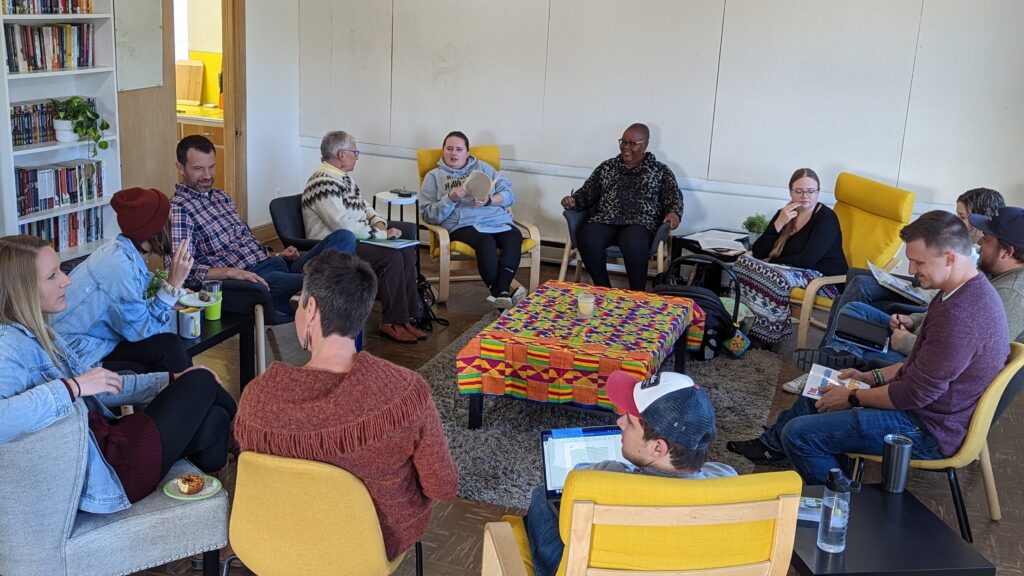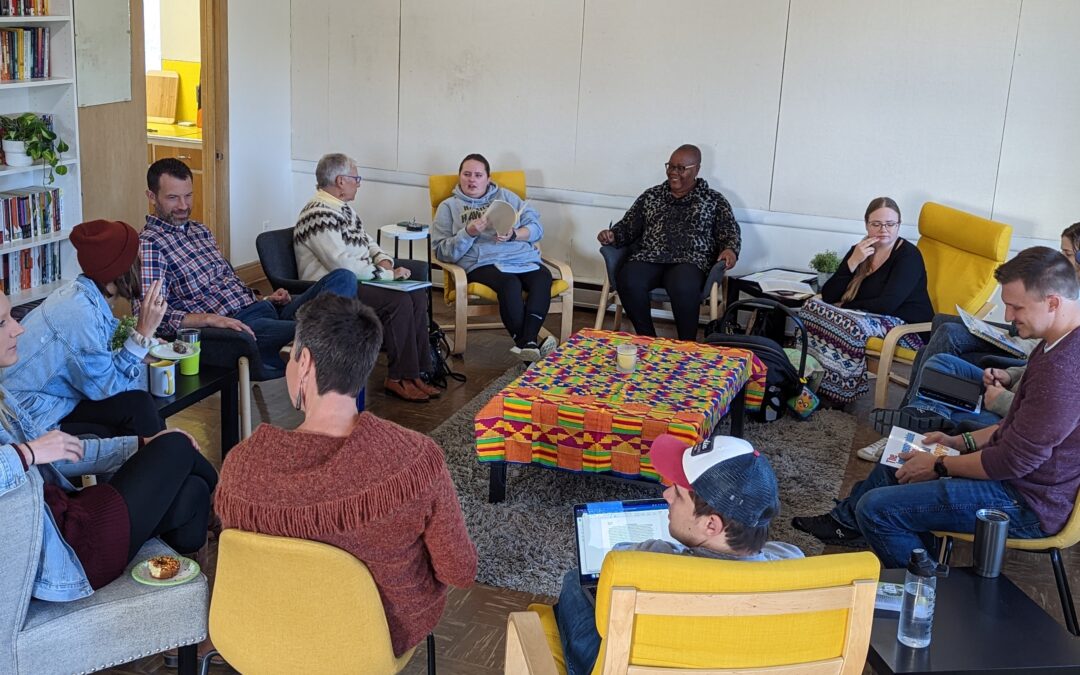Learning in, with, and for the church

I’ve always loved learning, Jesus, and the church. When I went to college, I loved Bible, ministry, philosophy, and theology classes. Here was the opportunity to ask big questions and wrestle with the answers in a community where intentional learning was our main focus.
After spending the last two decades in Christian higher education, charting the path from undergrad to tenured theology professor, I ultimately left out of concern and love for the church. As the church moves forward in an increasingly secularized, post-Christian world, we cannot afford to have Christian colleges and seminaries be the main space for intentional, in-depth teaching and learning. In the last few decades of American Christianity, we’ve outsourced intentional learning and discipleship to those areas. My colleagues and I taught courses on basic Bible knowledge, how to interpret the Bible, core theology and doctrine, and Christian cultural engagement. The vast majority of traditional college students had no real training in these areas when they came to us. But the reality is, neither did most of their parents. When I’d share a bit about our Bible and theology major with visiting students and their parents, students were mostly disinterested. But almost every time I did this, parents would say something like, “I wish I could dig into those courses!” This echoed what we saw and heard in our own churches and from our pastor friends as well, who often lamented the great need for deeper discipleship in church.
“The spaces of teaching and learning that the church has ‘outsourced’ to colleges and seminaries need to be re-integrated into the life of the church.”
This got us thinking: maybe the spaces of teaching and learning that the church has ‘outsourced’ to colleges and seminaries need to be re-integrated into the life of the church. Maybe the church’s struggle to engage in deep discipleship has something to do with out-sourcing our teaching and learning to higher ed institutions that are expensive and inaccessible for the vast majority of Christians. Then the question becomes: how do churches and church leaders create spaces of intentional learning and growth for church leaders at every level? The point is not to re-create academic classrooms but to ask what content, rhythms, and spaces of ongoing teaching and learning will strengthen and support church leaders for their mission of faithful service. That’s the journey we are on with churches and church leaders who have a vision and passion for cultivating spaces for intentional, in-depth learning in our churches.
by Branson Parler
Photo: Ministry Formation Cohort, Pastoral Care course, led by Dr. Richelle White

